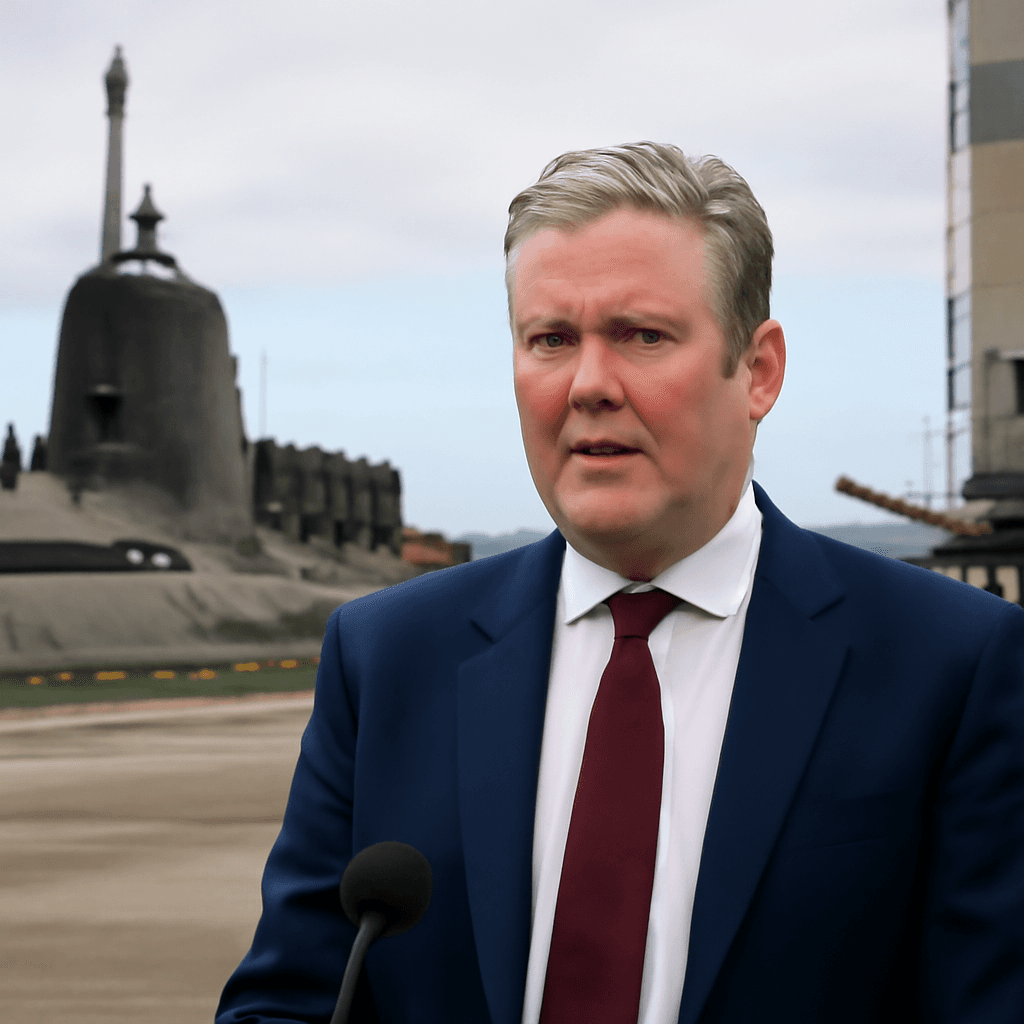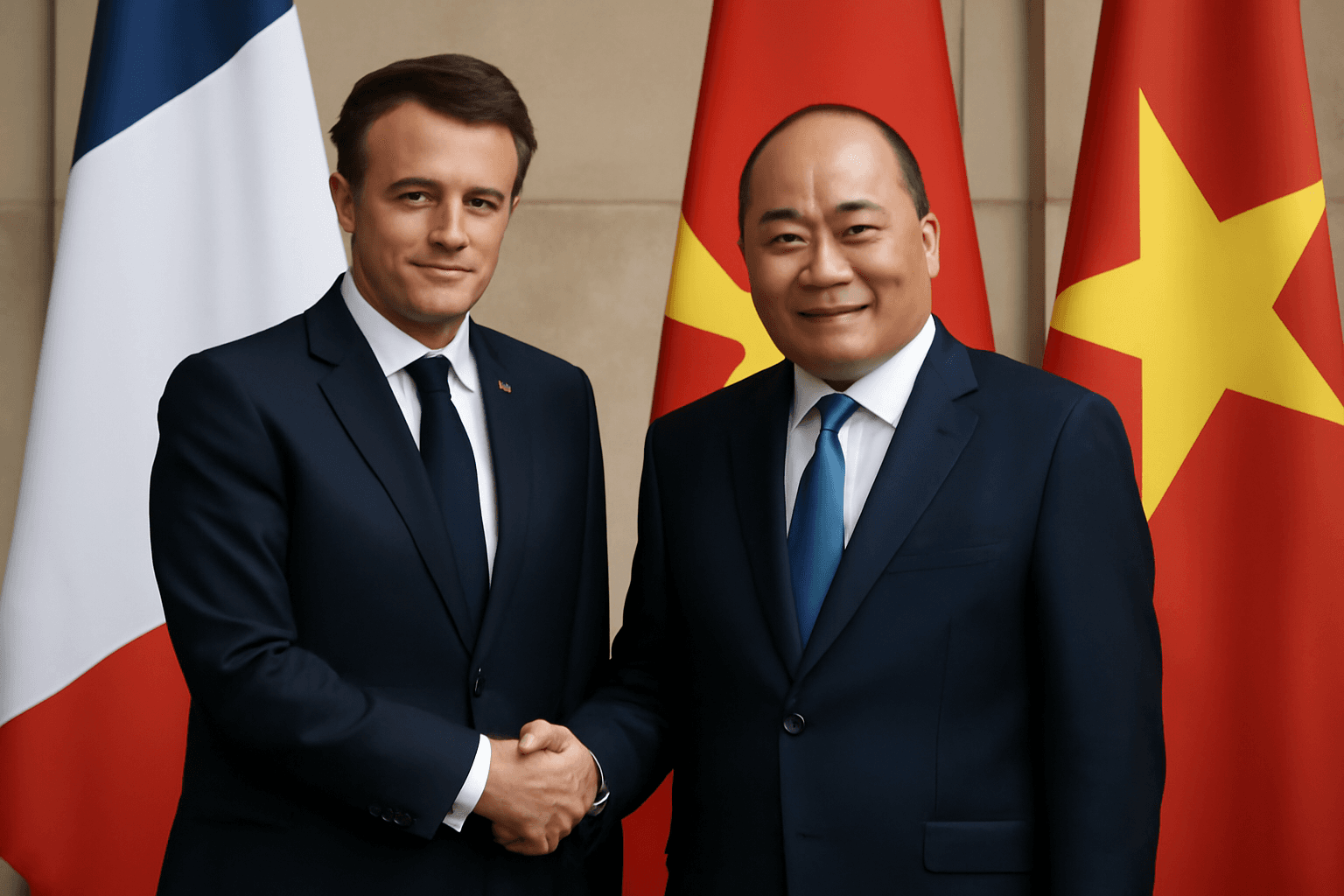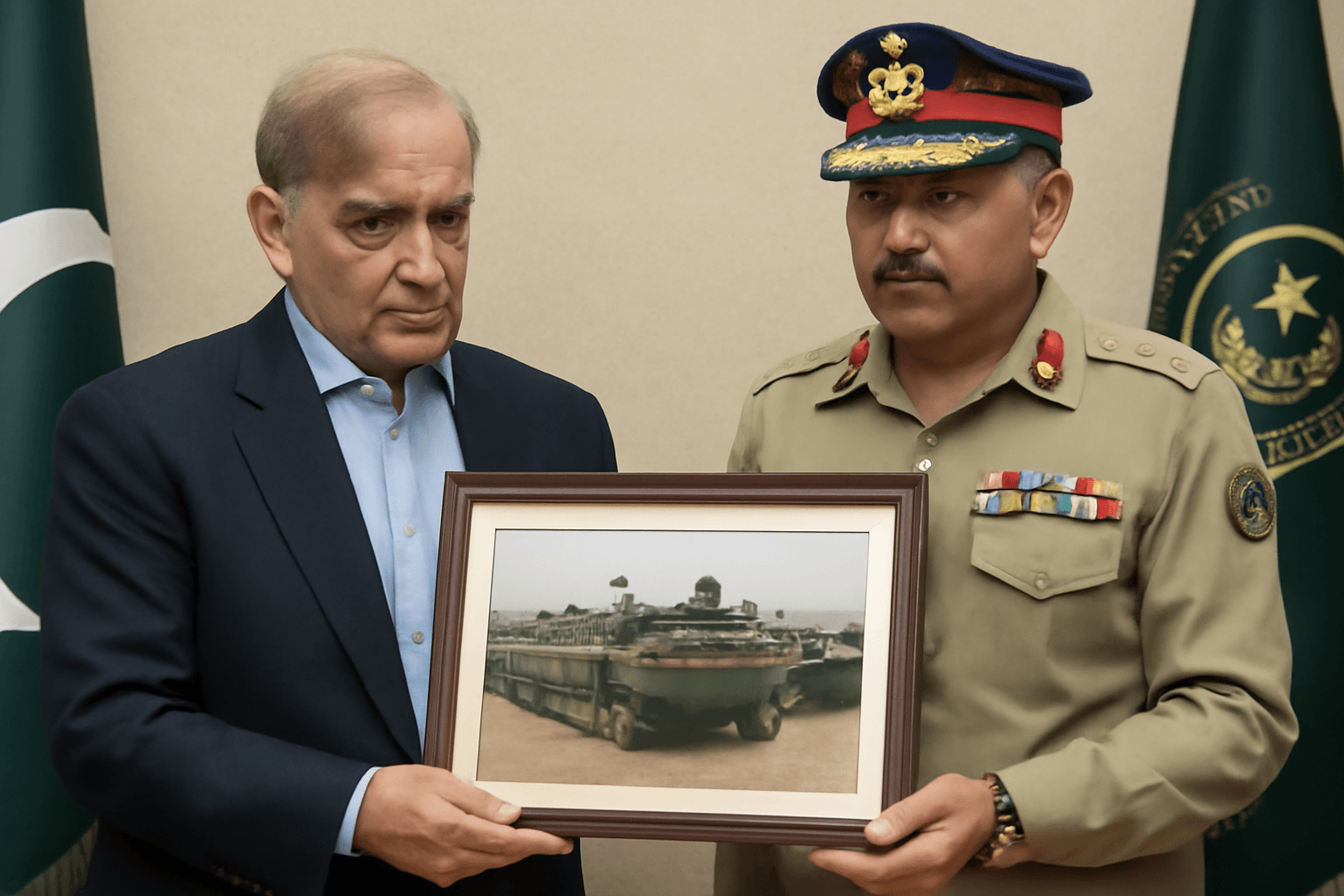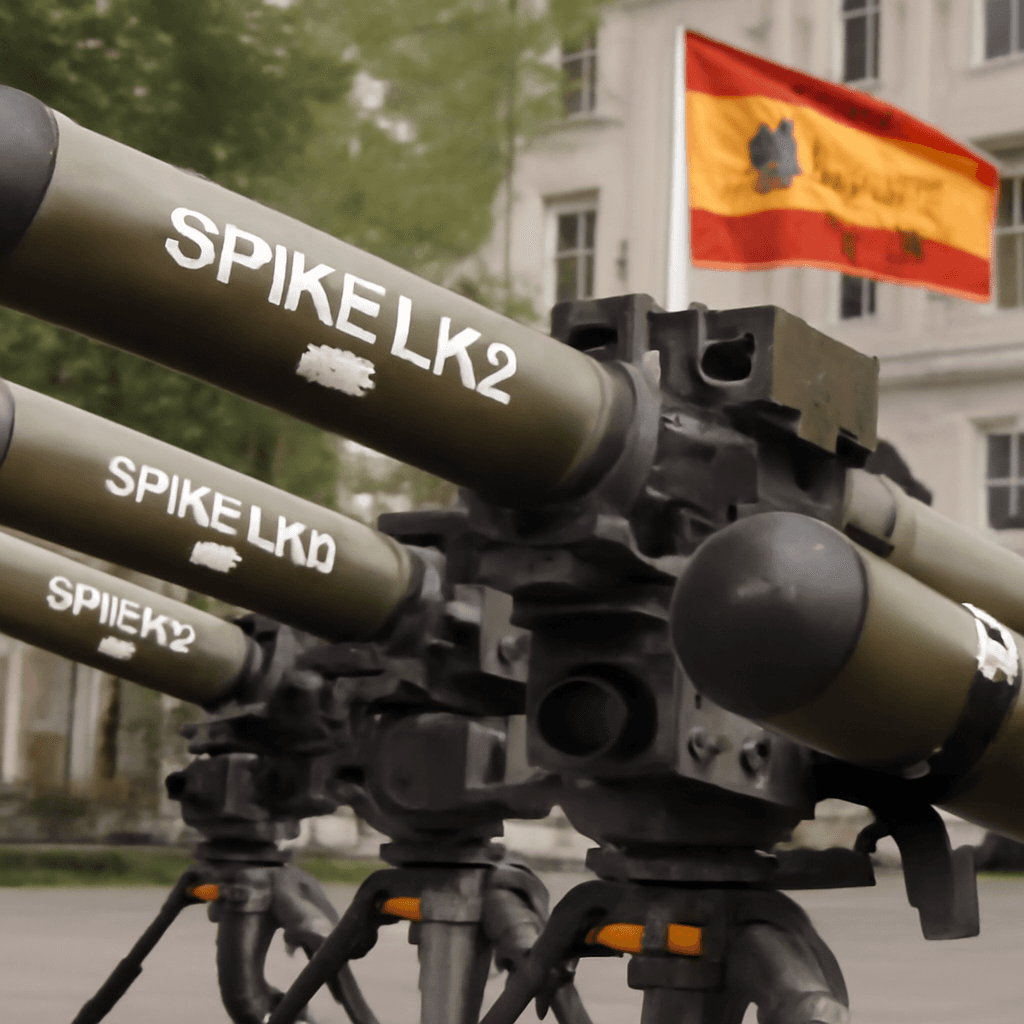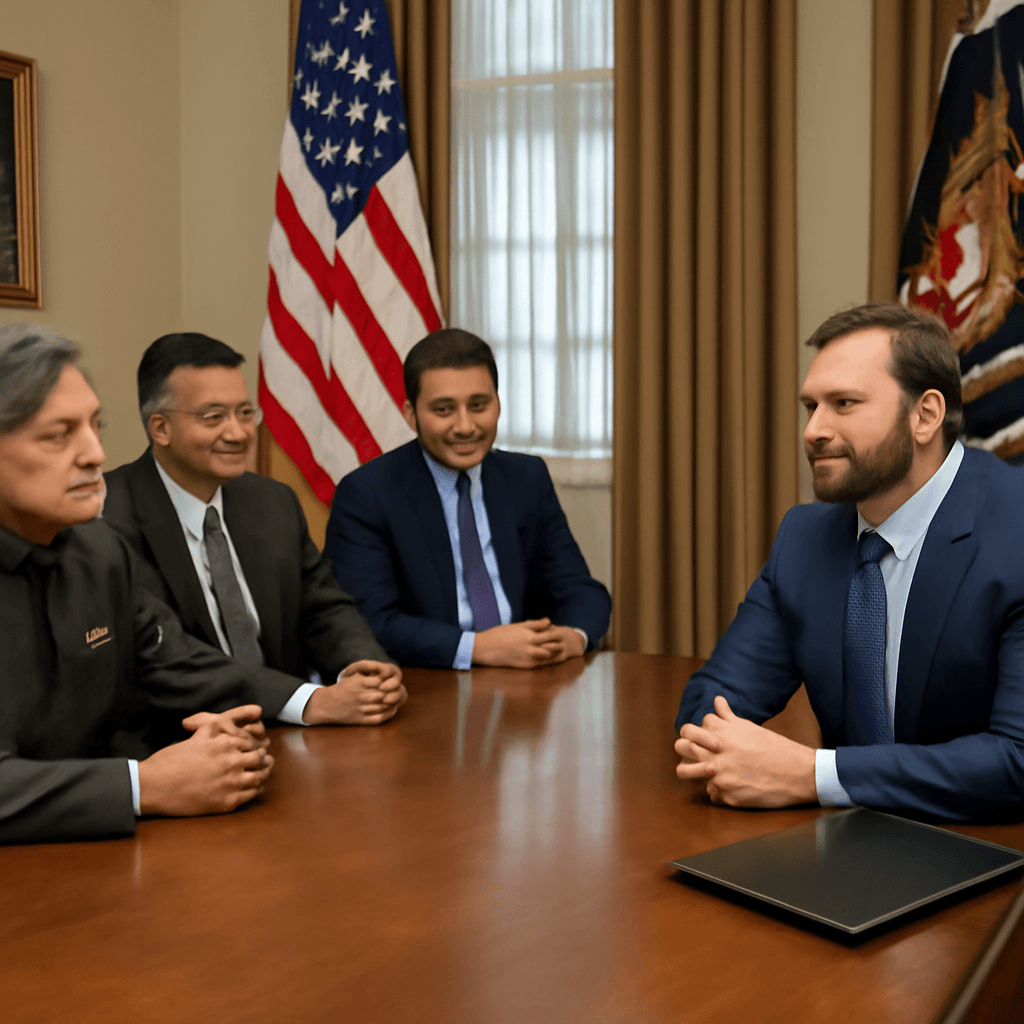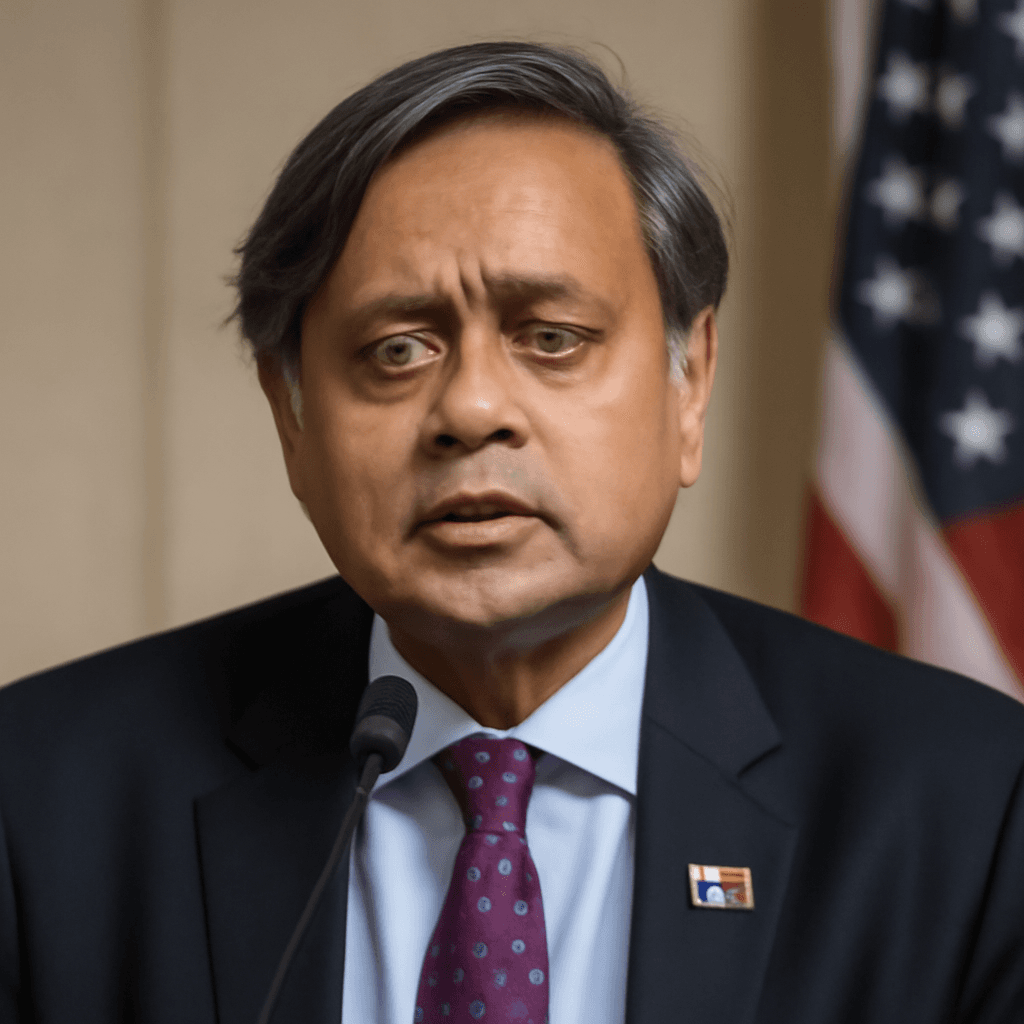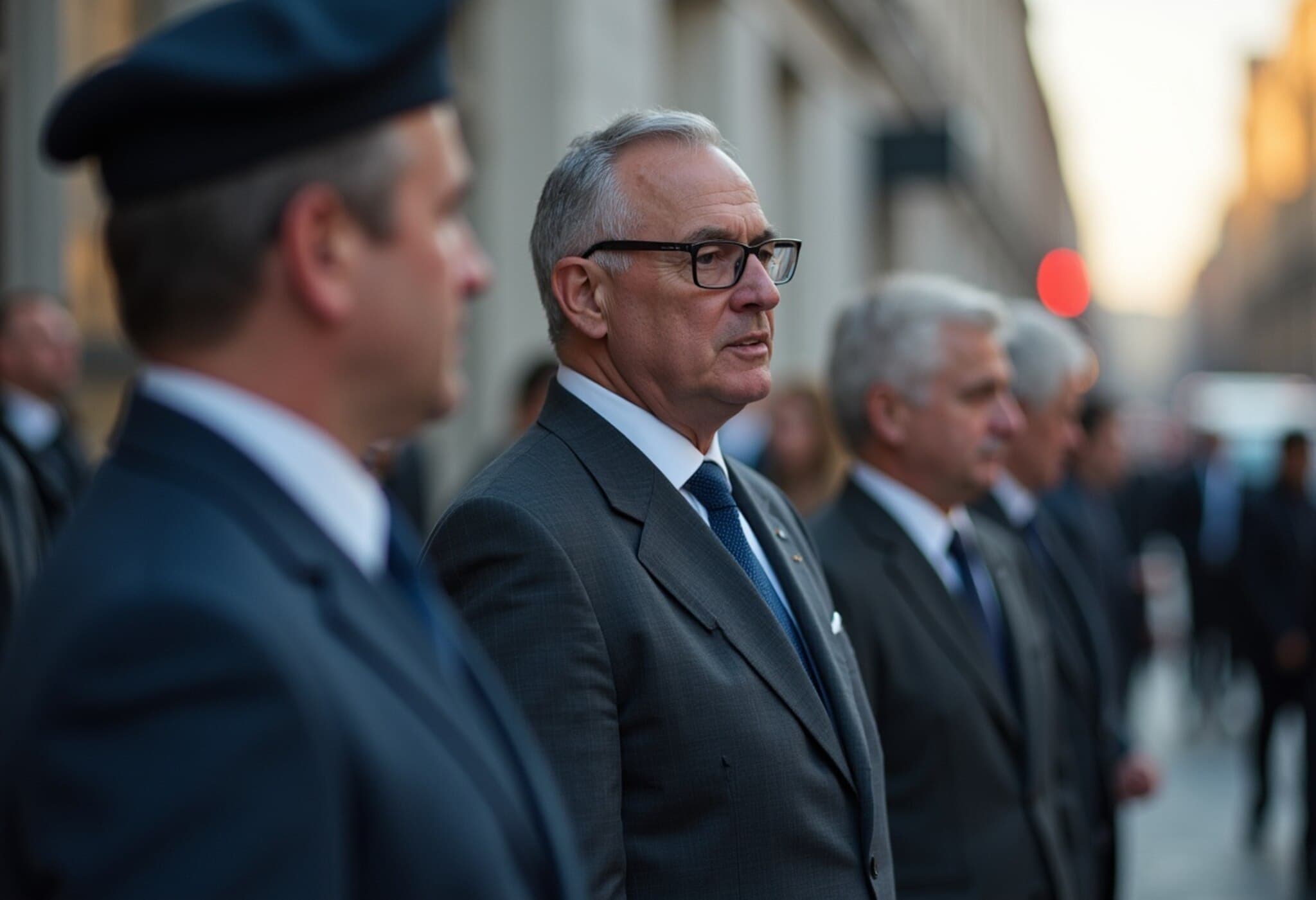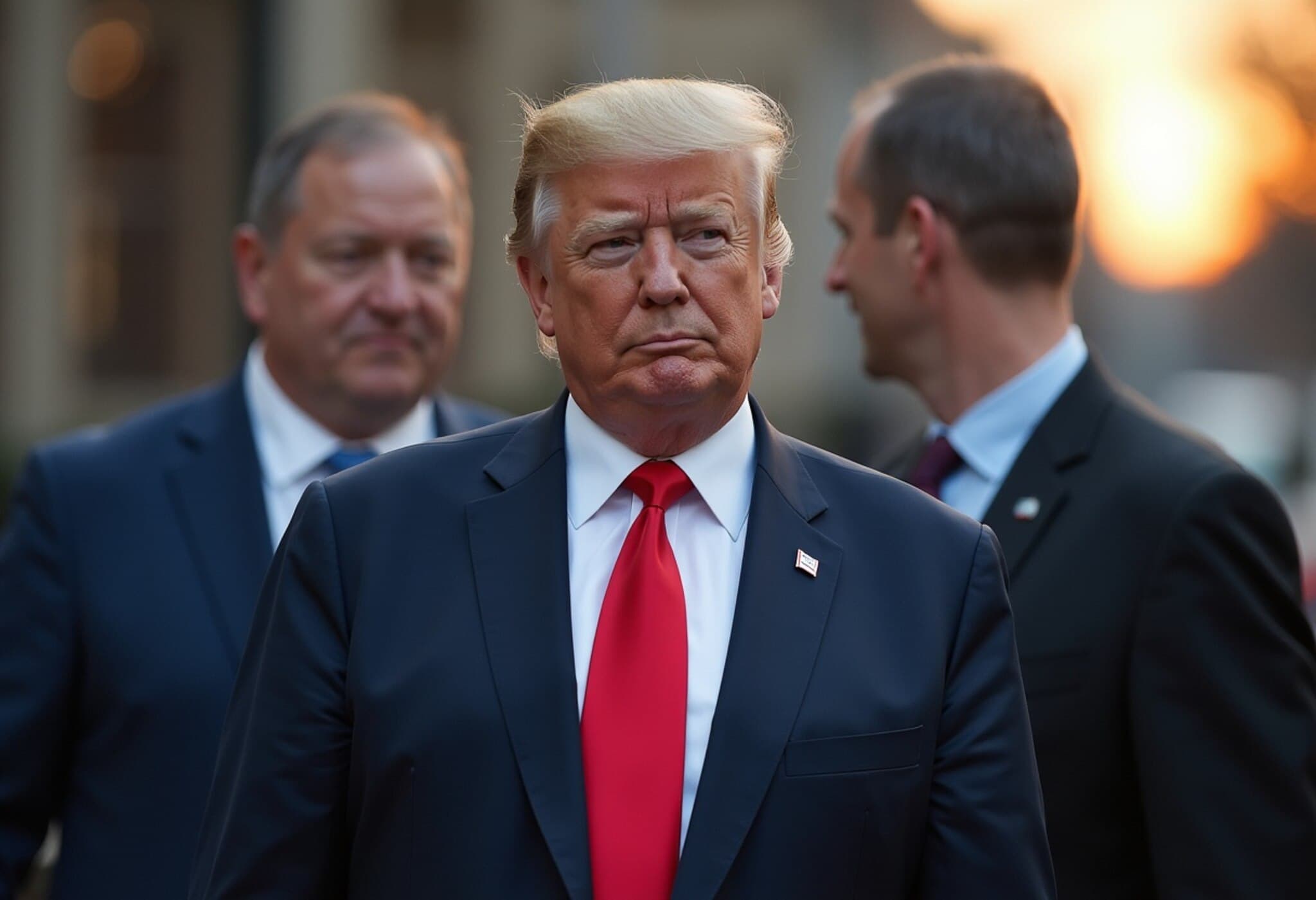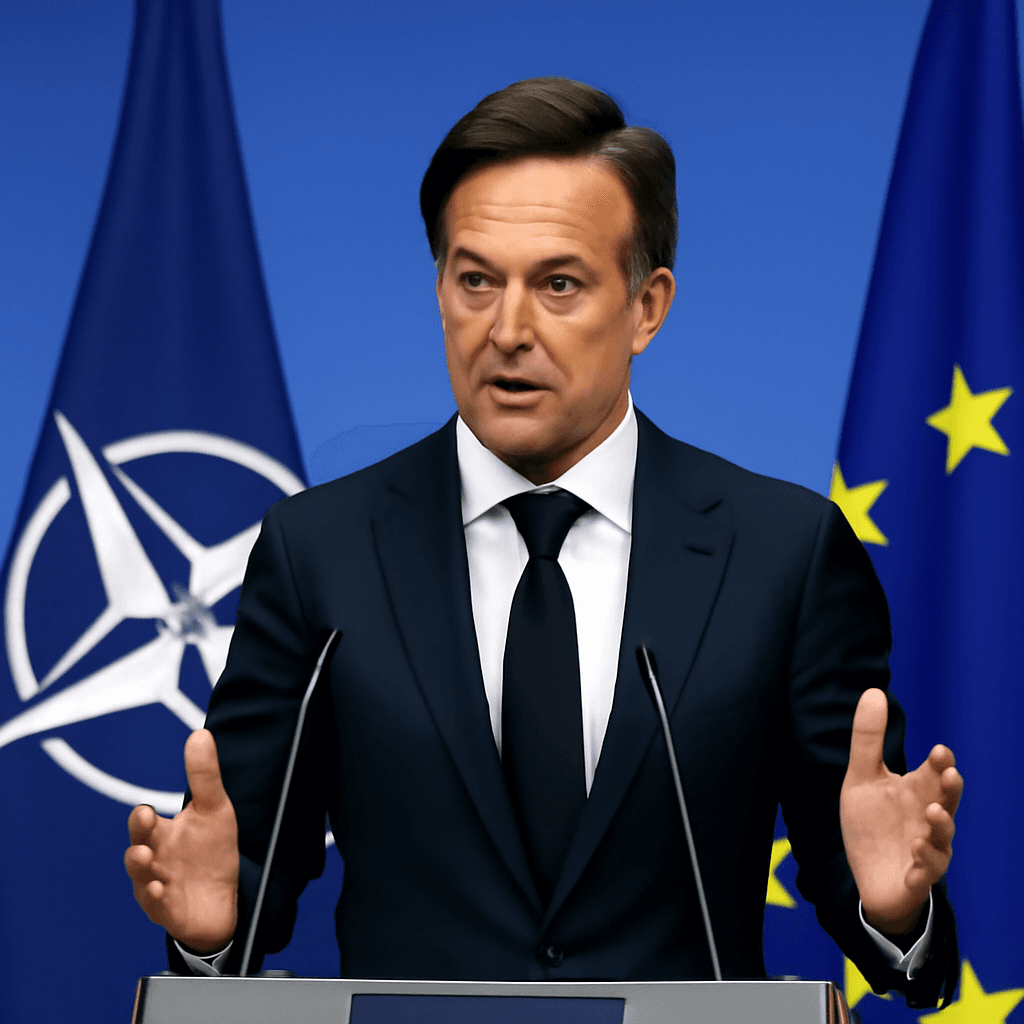UK Unveils Major Defense Upgrade Amid Growing Geopolitical Threats
Prime Minister Keir Starmer announced a comprehensive enhancement of the United Kingdom's military capabilities, highlighting plans to construct new nuclear-powered attack submarines and prepare British armed forces for potential conflict in Europe.
Strategic Defense Shift in Response to Global Challenges
Addressing military personnel and media at a naval shipyard in Scotland, Starmer emphasized the increasing seriousness and unpredictability of threats since the Cold War. The United Kingdom is reassessing its defense priorities in light of Russia's full-scale invasion of Ukraine in February 2022 and evolving international dynamics, including shifts in U.S. foreign policy.
Key Elements of the Defense Review
- Submarine Fleet Expansion: The UK plans to build up to 12 nuclear-powered, conventionally armed submarines as part of the AUKUS partnership with Australia and the United States.
- Nuclear Arsenal Investment: A £15 billion investment will be allocated to strengthen the UK's nuclear missile capabilities, although specific details remain classified.
- Conventional Weapons Increase: The stockpile of British-made long-range weapons will be boosted by up to 7,000 units.
- Cyber Command Establishment: A new command will be created to combat frequent Russia-linked cyber attacks targeting British defense infrastructure.
Economic and Political Implications
Starmer described the military buildup as a creation of a "defense dividend" that promises thousands of well-paid jobs in manufacturing, contrasting with earlier post-Cold War reductions in defense spending. The government aims to raise defense expenditure to 2.5% of national income by 2027, with a long-term ambition to reach 3% by 2034.
However, the path to increased spending faces challenges: the Treasury's budget constraints have already led to controversial cuts in international aid contributions. Starmer acknowledged the need to identify funding sources before making firm financial commitments.
Significance for NATO and European Security
This defense overhaul sends a strategic message not only to Russia but also to global observers such as the United States, reasserting the UK's commitment to NATO's collective security framework. As NATO members push to increase defense spending, UK efforts align with demands for greater European self-reliance amidst changing US foreign policy priorities.
Starmer reaffirmed that the UK would never operate independently in defense matters, stating that its policy remains firmly "NATO-first."
Mixed Reactions from Political Figures
The main opposition welcomed the increased funding but urged caution, highlighting skepticism about whether pledged spending targets would be fully funded. The defense secretary confirmed ongoing progress toward spending goals but indicated that the size of the armed forces might remain limited until the next decade.
Conclusion
The UK's ambitious defense modernization reflects the global recalibration prompted by Russia's aggression in Ukraine and shifts in transatlantic relations. It underscores a renewed focus on readiness and deterrence, with implications for geopolitics, military strategy, and national economic priorities.

